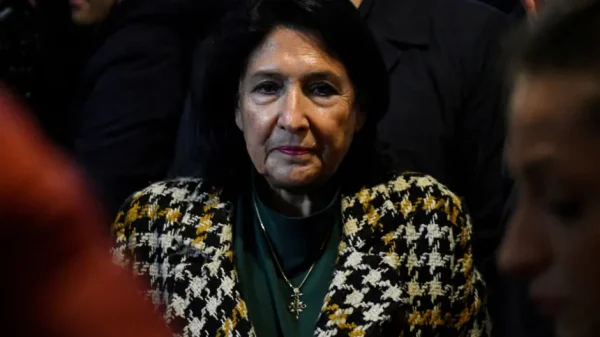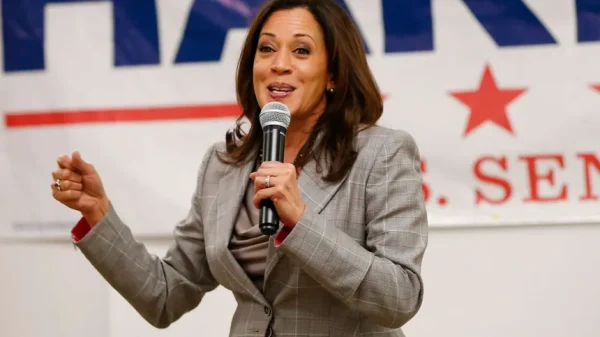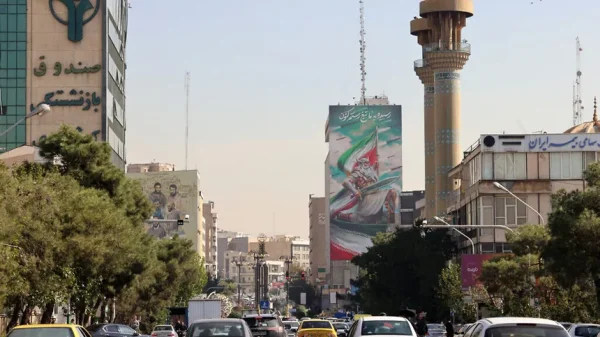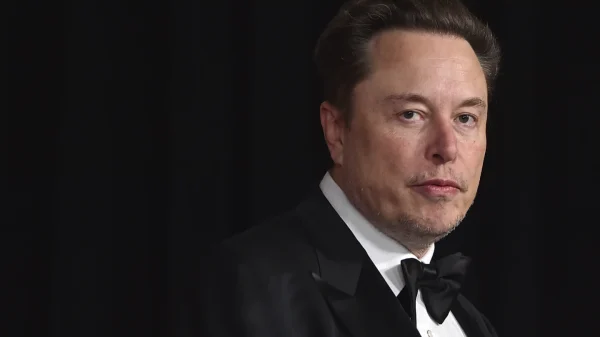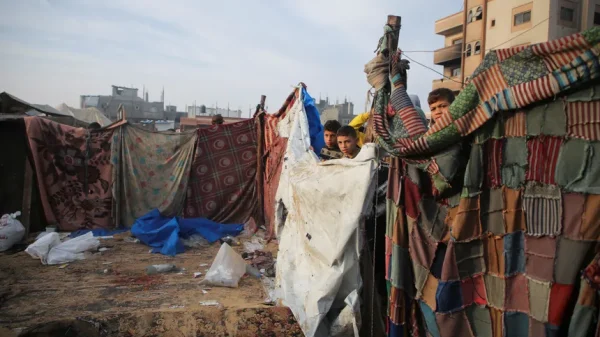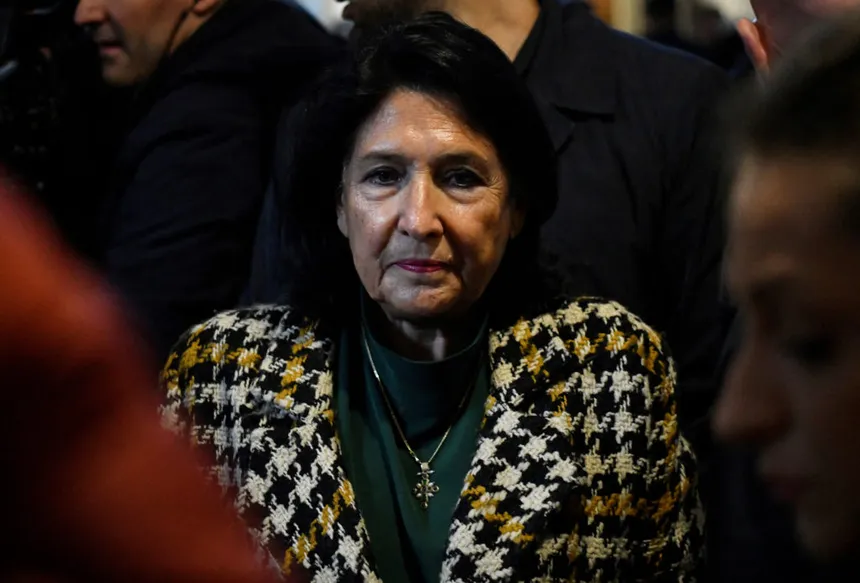The tense situation in Georgia is escalating as the country’s president, Salome Zourabichvili, urges Western nations to support opposition protests against the official results of the parliamentary election. The governing party, Georgian Dream, was declared victorious, despite allegations of Russian meddling and voting irregularities. Zourabichvili claims that Russian propaganda was directly used during the campaign and that the government has been working hand-in-hand with Russia. She also accused the security services of helping the government, which has been increasingly authoritarian over the past year.
The opposition leaders, including Zourabichvili, stood alongside her during the protests and called on the Georgian people to join them in standing against what they called “total falsification” and “stealing of votes.” They urged the US and the EU to back their efforts, calling for the official results to be invalidated and a new election to be held. The US Secretary of State, Antony Blinken, tweeted his support for the protesters, saying that the Georgian people had “embraced democracy yesterday,” but now needed their leaders to respect the rule of law and move the country towards its Euro-Atlantic future.
The EU Commission President, Ursula von der Leyen, also expressed support for the protesters, saying that “Georgians, like all Europeans, must be masters of their own destiny.” The Kremlin has rejected the accusations of interference, with a spokesperson saying that it was the West that had tried to influence the outcome of the vote. The head of the European Parliament monitoring delegation, Antonio Lopez-Isturiz White, reported that the election took place in a “divisive” environment marked by intimidation and instances of vote buying, double voting, and physical violence.
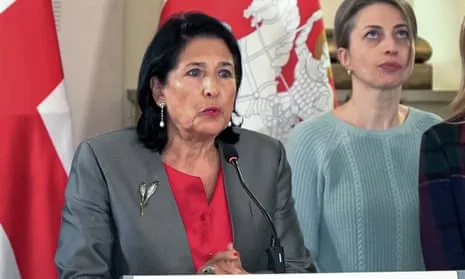
Salome Zourabichvili (Image via Getty)
The election campaign was marked by a bitter fight for votes and allegations of a smear campaign. Georgian Dream used anti-Western and hostile rhetoric, promoted Russian misinformation, and manipulated conspiracy theories. The party scored its highest share of the vote in the Javakheti region of southern Georgia, where instances of intimidation and electoral violations were particularly noticeable. The party has vowed to continue its push towards EU accession, but also “reset” ties with Russia.
The situation in Georgia has significant implications for the country’s relations with the West and its future prospects for joining the EU. The EU suspended Georgia’s membership application process indefinitely due to the country’s passage of a Russian-style “foreign influence law” earlier this year. Many Georgians viewed Saturday’s vote as a pivotal referendum on the opportunity to join the EU. The outcome of the election and the subsequent protests are likely to have a lasting impact on the country’s political terrain and its relationship with the international community.








